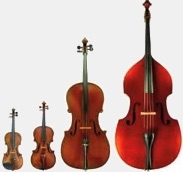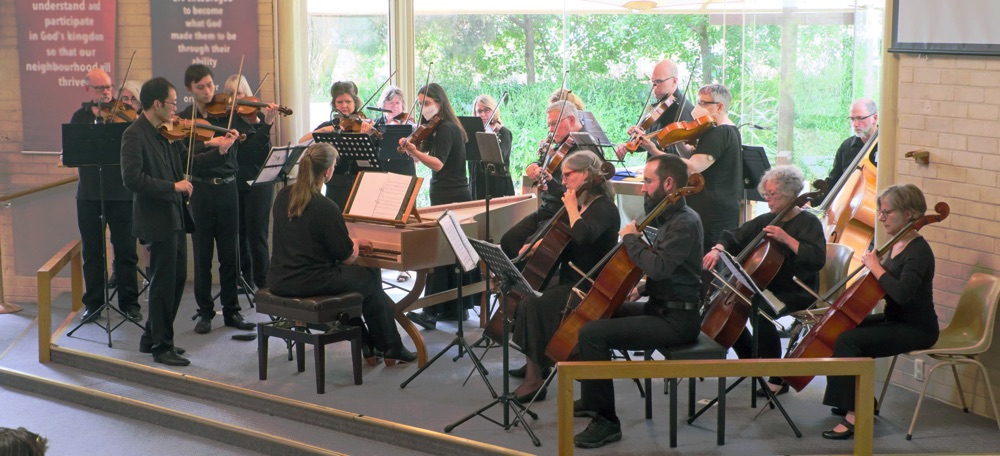Musica da Camera


© Peter Hislop, Canberra

Musica da Camera
Canberra's Premiere String Orchestra
Musica da Camera plays music from the string orchesta repertoire, from Baroque to Contemporary, sometimes with soloists. The orchestra engages a different conductor for each program, providing diversity of style and content.
Next Concert -- Sat 2 Nov
Future Concerts
April 2025
A program of Baroque works directed by John Ma. (Cook)
And 3 other concert programs now in planning.
Under the direction of Lauren Davis, Musica da Camera Canberra is performing a collection of pieces featuring Heino Eller's Five Pieces for String Orchestra, Carl Nielsen's Andante and Scherzo and Felix Mendelssohn's String Symphony No 2.
Aaron Reichelt, one of Australia’s most versatile and experienced oboists having performed on both modern and historical oboes throughout Europe, Australia and the United States, will be performing the Concerto for Oboe on Themes by Cimarosa arranged by Arthur Benjamin..
